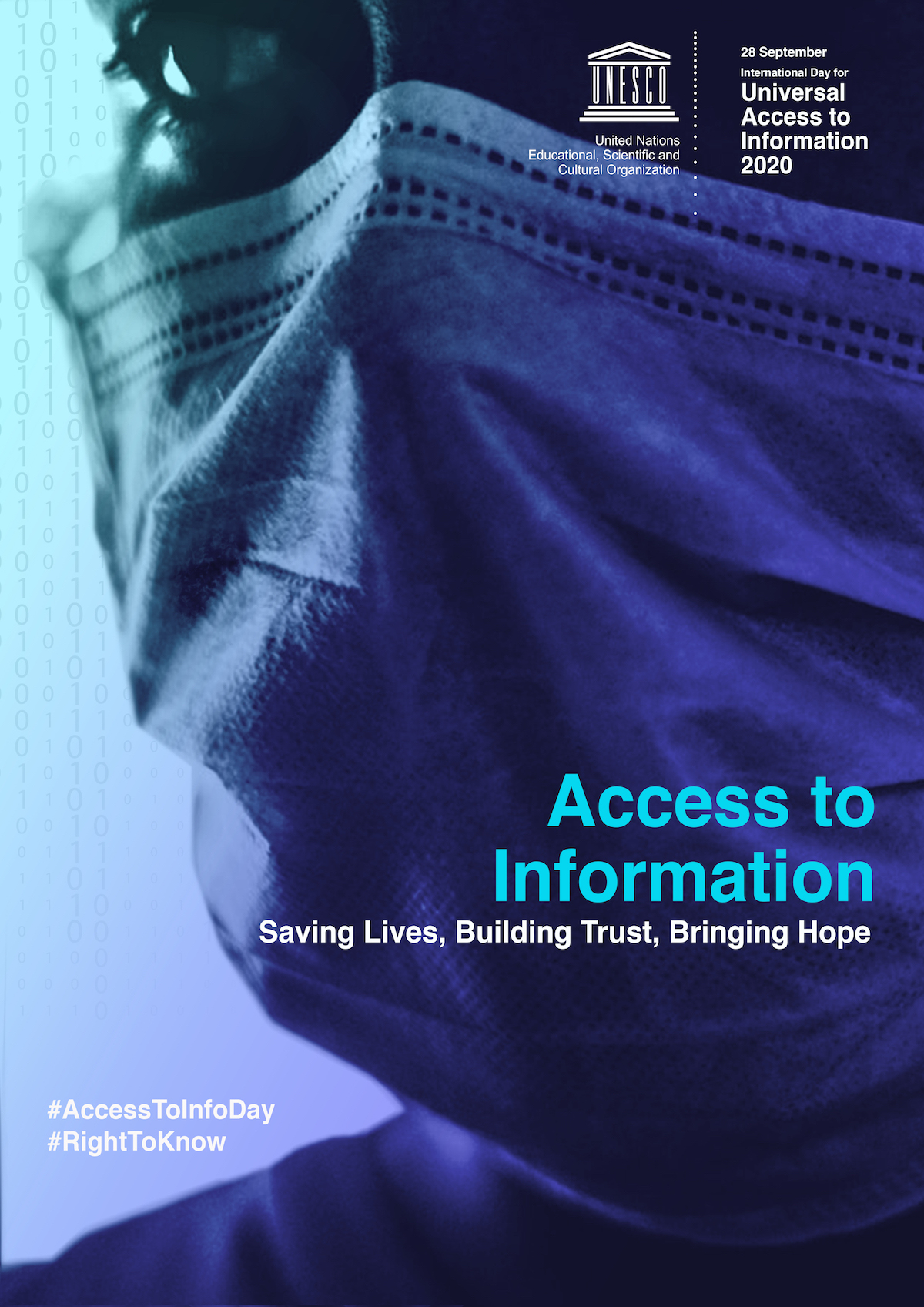Help us protect the commons. Make a tax deductible gift to fund our work. Donate today!
The coronavirus outbreak not only sparked a health pandemic; it triggered an “infodemic” of misleading and fabricated news.
As the virus spread, trolls and conspiracy theorists began pushing misinformation, and their deplorable tactics continue to this day.
Nonsense has been shared about links to 5G phone masts or that a secret cure already exists, and this month alone there was yet another claim that COVID-19 was made in a lab – which has been quickly debunked.
An opinion poll in May found that over half of people (51%) in the United Kingdom said they had seen content about COVID-19 they believed to be false or misleading.
The EU warned in June that a “massive wave” of disinformation was harming the health of EU citizens, accusing China and Russia of running fake news campaigns about the coronavirus.
In some countries, rumors about food shortages prompted people to stockpile supplies, which inevitably then caused actual shortages.
In Iran, hundreds died after drinking methanol alcohol because social media misinformation messages claimed it had cured other people of the coronavirus.
Access to official information can therefore be the difference between life and death.
 Today, on September 28, UNESCO marks the International Day for Universal Access to Information.
Today, on September 28, UNESCO marks the International Day for Universal Access to Information.
This year’s theme is naturally dominated by COVID-19, with the slogan “Access to Information – Saving Lives, Building Trust, Bringing Hope.”
The day is an opportunity to call on all UN member states to enact and fully implement “Right to Access to Information” laws.
These rights are always vital, but even more so during a health emergency.
Proactively disclosing information helps build trust among citizens, as well as providing the clarity that people seek amid the infodemic.
By providing factual information to citizens, there is a stronger feeling of belonging.
And, fundamentally, it helps keep people safe.
That applies particularly to vulnerable populations who rely on public health information the most.
The right to universal access to information goes much wider than public health though, as it is a key plank of a country’s human rights record.
Laws are not just about guaranteeing access to information, but provide the necessary accountability which should apply to governments, courts, the police, and other authorities which make critical decisions on behalf of people.
However, to date, only 127 countries have passed access to information laws.
And amid the coronavirus crisis, some nations imposed restrictions on the right to know from the outset.
The global right to information (RTI) tracker monitors this across the world.
It’s perhaps not too surprising to see Brazil on the list, where President Jair Bolsonaro enacted measures to suspend deadlines to answer RTI requests – before the Supreme Court issued an injunction.
What is more surprising though is to see my home nation of Scotland on the list of countries which restricted RTI.
The Scottish Government used emergency powers to extend the deadline for Freedom of Information (FOI) requests, before later being forced by opposition parties to withdraw the changes.
That was a disappointing episode, which lessons must be learned from.
UNESCO has been clear that any restrictions can only be justified if authorities of a particular institution are overburdened or to protect public health, or if physical processing in lockdown situations is not possible.
This year’s International Day for Universal Access to Information is therefore a timely opportunity to demonstrate the value of the right to information during times of crisis.
Keeping citizens informed, building trust, and reducing the spread of misinformation is vital.
This approach goes to the heart of the international work we do at Creative Commons.
Since 2001, we’ve been removing legal and technical obstacles to unlock nearly 2 billion works around the world by offering free, standard, public licenses that anyone can use.
Recently, we launched the Open COVID Pledge – a global initiative that works with organizations around the world to make their patented inventions and copyrighted materials freely accessible.
The initiative aims to encourage wider, equitable access to designs, research, and data protected by copyright and patents that will be key to developing solutions to the challenges caused by the pandemic.
Creative Commons has also worked with partners to launch the #FreeTheTextbook campaign, pushing for adoption of openly licensed, free textbooks in colleges and universities.
The campaign also pushes back against big publishers’ “inclusive access” contracts at universities, which see students forcibly “opted in” to buying textbooks, meaning the cost is wrapped into their tuition without their knowledge.
This unsavory practice started in the US and publishers are now spreading the model to other countries.
Removing obstacles to the sharing of knowledge and creativity matters because of the pressing challenges facing us, as COVID-19 continues to wreak devastation across the globe, with an alarming impact on education, health, and economies.
So as Creative Commons prepares to celebrate its 20th anniversary in 2021, our work matters more than ever.
The world has changed dramatically since we launched, and while technological advances have brought many people closer together, so too have they pushed some people apart.
We’ve built the infrastructure for the open web, and we want to unlock, share, and preserve more of the world’s knowledge.
That’s not only freeing the tools to help us get through the coronavirus pandemic, but also to address other major challenges – particularly the climate emergency.
There is an urgent need to address humanity’s greatest global challenges through collaboration and accessing information.
It’s time to unlock knowledge for everyone, everywhere.
Posted 28 September 2020